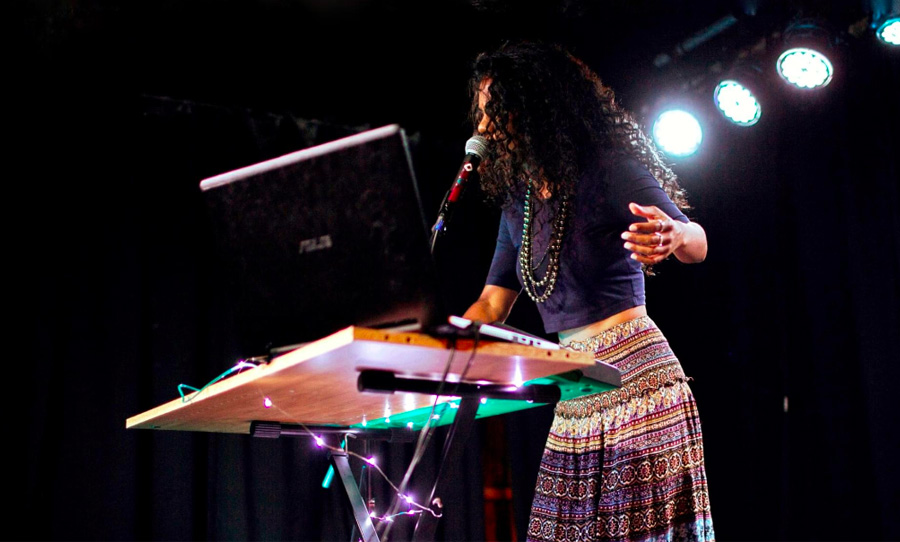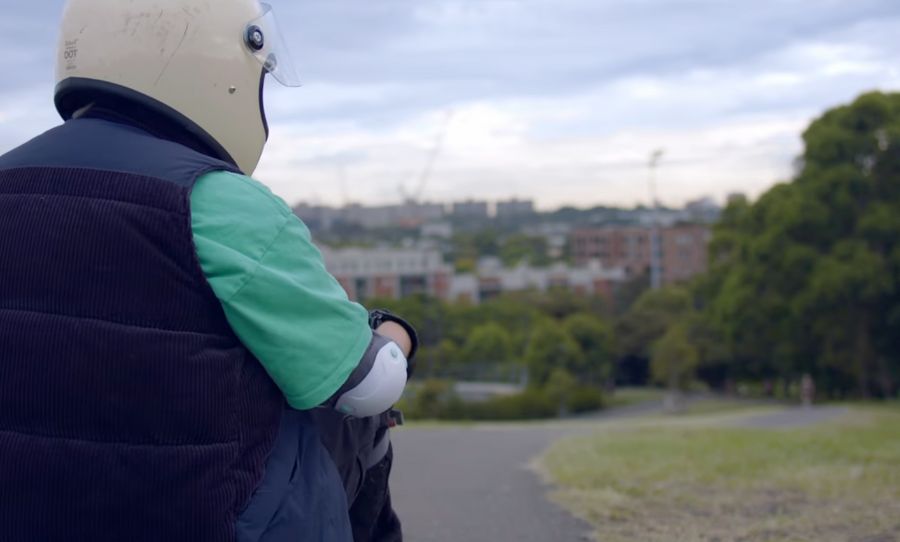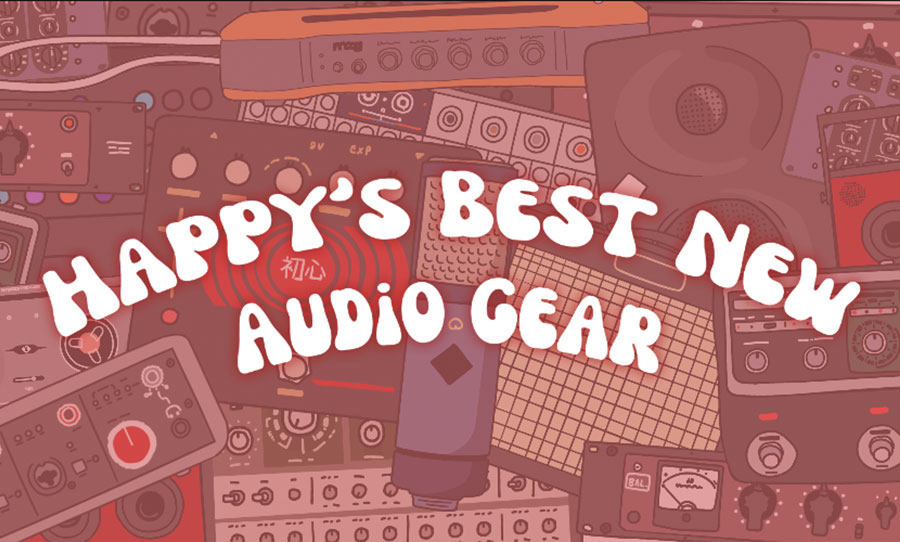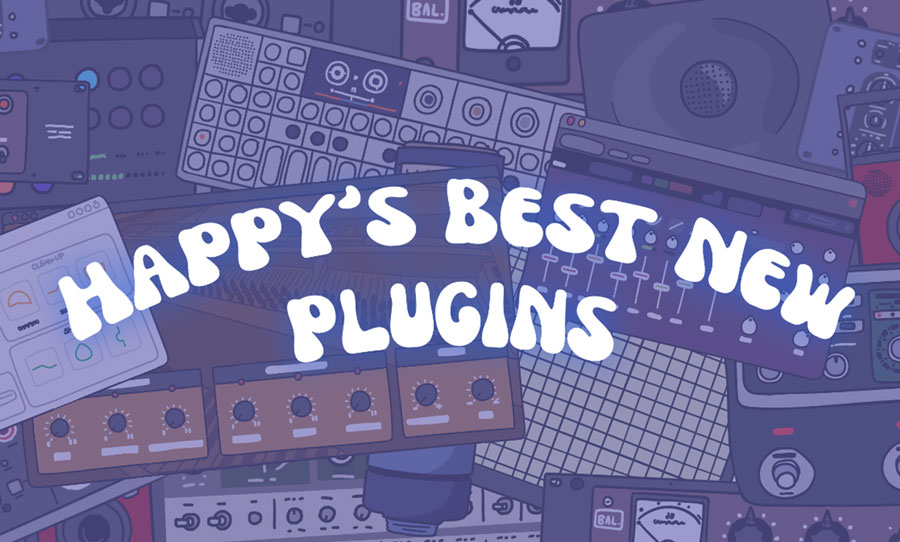With only 3% of audio production professionals being female, it’s a far cry from an equal playing field, and one that the music industry so often overlooks.
A study by the University of South California, as part of their Annenberg Inclusion Initiative’s annual report which was updated earlier this year, clearly shows that there is little to celebrate when it comes to the acceptance and progress of women working as audio producers and engineers.
These statistics highlight that alongside the mere 3% of female producers, only 21.6% of artists and that 12.6% of songwriters are female, demonstrating how women are missing across all areas of the creative process within music.
A driver of entertainment and at times social change, the music industry has always pushed the boundaries of societal norms and yet, does little to provide opportunities for women wanting to work behind the scenes.
“I think this perception of the industry, and the boys club nature of the decision makers, make it quite an unappealing space for women to enter and sustain in long term.”
Xylo Aria is an artist, producer, and founder of Music Production for Women. A pioneer in working to shift the gender disparities within the industry, her organisation aims to educate and empower women to take their first steps into production. She says:
“If we think of the impression we have of the industry in past decades…the positions of power from artist managers to label executives were held almost completely by men and objectifying women was just part of how the industry worked.”
Drivers of inequality
One of the main drivers for this inequality, as pointed out by Aria, has been decades of objectification and harassment faced by women working in the industry. Not only is there an essence of the struggle to be taken seriously, but also the experience of unwavering sexual advances or degrading comments – an environment potentially unsustainable in bearing any form of career longevity.
According to Independent Digital Music Distribution Company TuneCore, who worked with MIDiA Research to release their 2021 survey, they cited that almost two in three creators, producers, and engineers identified sexual harassment as a key challenge. In turn becoming one of the most widely divulged problems experienced.
The survey explores how the issues of sexual harassment and objectification are consequential of deeper problems ingrained in the industry, most significantly the imbalanced power dynamics. The survey says:
“These major challenges are symptomatic of deeper issues of systemic male dominance permeating industry attitudes and behaviours; over 90% of our respondents said that they had experienced unconscious bias.”
This comes at a time where releases of new music equipment are only sustaining such disparities in treatment.
In May a new plugin was released depicting a hypersexualised ‘anime’ woman on its front. Nani is a distortion plugin and as the user turns up the drive control, the female character on the interface begins to shed her clothes, ultimately becoming completely nude on her top half.

Its release was met with mixed reviews across online platforms, with many calling its function disrespectful.
Youtuber White Sea Studio was among those criticising the plugin saying, “I’ve been speaking to many talented female engineers, ‘how is it to be a female engineer in the audio industry?’ Literally, everyone says, there is no respect for us and a plug-in like Nani is proving that.”
This further questions how working conditions and greater opportunities for women within audio production and engineering can improve when equipment releases are somewhat exclusive to male use whilst plastered with hypersexualised female imagery.
Also making news in the past week has been new allegations against synth giant Moog by a former employee, who is suing the company for “extensive misogyny, discrimination, and even physical assault”.
Hannah Green, a former employee recently revealed to her local news, The Asheville Blade, that she would be suing the company for discriminatory acts and seeking $1.1 million in damages.

This narrative is again all too familiar when it comes to the male-dominated field of audio engineering, whereby sexist jokes and the ‘boys club’ attitude is seemingly welcomed within these industry workplaces. Aria shares:
“Women often speak of needing a thick skin to survive in the industry but I’m sure this just becomes tiring after a point, no matter how much love you have for the product.”
It is clear that these experiences are acting as a preventative measure to women developing long-lasting careers in the industry, but Aria also points out that the lack of role models and exposure to female influences working in production is also symptomatic of the gender imbalance.
“I know I personally couldn’t even fathom the thought of me as a producer for an incredibly long time and I think one reason was that looking out into the industry, I just didn’t see anyone I could really relate to. So I think it is important to have female role models for young girls to look up to in this space.”
Like with many STEM-oriented fields, audio engineering and production are male-dominated, opening up another driver for inequality as exposure to this training is not advertised or catered towards young women.
According to the National Industry data report released on the 3rd of May, looking at Australian girls’ and women’s participation in science, technology, engineering, and mathematics, they found that women made up less than a quarter of students studying STEM. Although these statistics have increased since 2015 by 2%, the figures are still disproportionately low in comparison to the students’ male counterparts.
Other key takeaways included that five years after graduating, men with a STEM qualification were 1.8 times more likely to be working in a STEM-qualified occupation compared to their female peers. The gender pay gap also remains significant across these industries, more so than the national average. In STEM-qualified industries, the gap amounted to $28,994 in 2020, compared to $25,534 across other fields.
When figures like this emerge, it’s no surprise that there is such a gender imbalance within audio fields, with many women feeling disempowered to put themselves up for such roles.
Standing up for change
However, this is where a whole host of initiatives are coming into play to shake things up and provide the opportunities that girls and women with an interest in audio have been waiting for.
Similar to Aria’s Music Production for Women, which aims to create an empowering educational space for women first getting started within audio production, other organisations have come out in support of the same issue. Together, they’re fighting to achieve greater equality and safer working environments for all female audio engineers and technicians.
One of these long time supporters is the Women’s Audio Mission which was founded in San Francisco. For the past 16 years they have been the only professional recording studio in the world built and run solely by women and non-conforming peoples to attract women, girls, and non-binary individuals into STEM and creative technology fields.

SoundGirls.org have recently launched their Australian arm to their already visionary organisation, with the aim of inspiring the next generation of audio technicians, seeking to expand opportunities for girls and women and share knowledge through cooperation, collaboration, and diversity.
And at the beginning of the year, Spotify launched their global initiative named ‘The Equal Commitment’, dedicated to fostering equity in the industry and championing female contributions. The platform will provide a space in which listeners can celebrate and endlessly stream the creations of female musos and producers.
It is clear that gender equality across the music industry is not a new problem, but rather an issue that for years has been overlooked. However, it is also apparent that through greater media exposure and global initiatives that people are ready to tackle it head-on and that women are sick of feeling silenced.
For Aria, she believes that there are two main things that will really help to shift these so strongly ‘accepted’ ideals within the industry to create a more equal playing field.
“Firstly, we really need the men to get on board with bringing about a culture shift. I have met numerous incredible male allies and I also feel like many men don’t particularly want to be doing the wrong thing.”
“Secondly, as a society, I think it’s really important for us to show young people of all genders what their options are growing up. Let’s stop putting people in boxes.”
Like Aria and many other pioneers working to overcome this issue suggest, there is no quick solution, however small steps in the right direction can generate the change that many women, for decades, have been fighting for.



